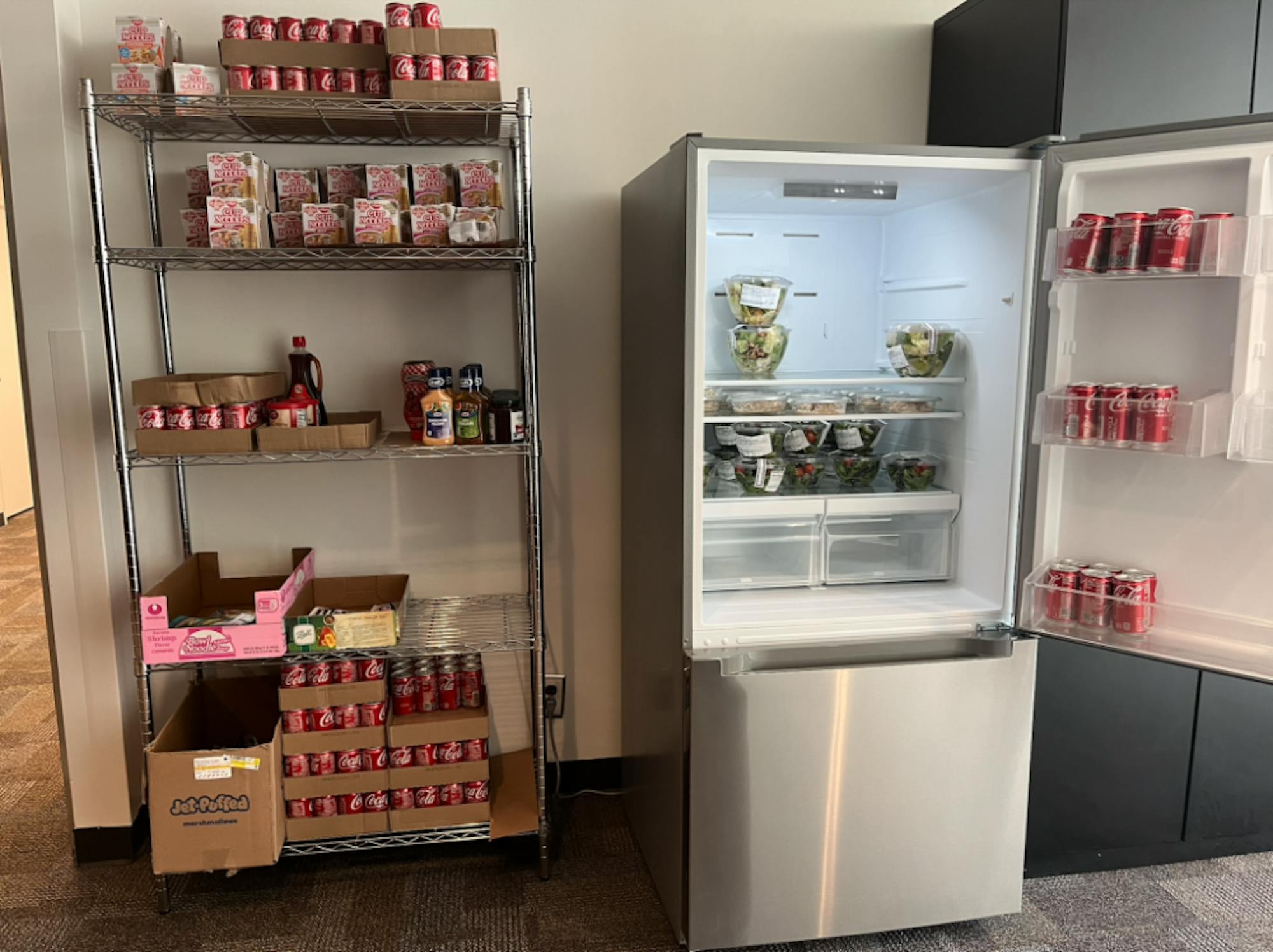Emory University’s Student Intervention Services saw an 80% increase in students “requesting assistance with food-related needs” between the 2016 and 2019 academic years, flagging food insecurity as a prevalent issue at the University. Emory’s crowdfunding platform, Momentum, defines food insecurity as “the uncertain and inconsistent conditions that can lead to hunger.”
Many students who experience food insecurity face emotional distress and difficulty succeeding academically because of the constant worry of when they will eat their next meal.
The Food Security Safeguard Program (FSSP), which partners with the Student Case Management and Intervention Services, strives to provide Emory students with immediate food security. Additionally, the program encourages students struggling with food insecurity to submit a Student Concern Form to connect with a case manager.
“Students experiencing food insecurity often have additional unmet needs and the case management process will connect them with other campus and community resources, including financial aid, residential life, Counseling and Psychological Services and other programs,” Assistant Vice President of University Communications and Marketing Laura Diamond wrote in an email to the Wheel.
Emory placed a community refrigerator on Oct. 5 on the first floor of the Alumni Memorial University Center. According to Dining Program Associate Director Mark Seals, dining staff try to put food in the fridge at least three times per week, and updates are posted weekly on their Instagram, @emorycommunityfridge. The food is mostly leftover salads, sandwiches and fruit cups from the Eagle Emporium as well as leftovers from the Dobbs Common Table (DCT), provided by Slow Food Emory’s produce initiative.

Slow Food Emory President Sabrina Li (25C) said the club has several initiatives to combat food insecurity at Emory. Every Sunday, the group collects 40 to 50 pounds of surplus produce from a local farmers market. They use the produce to cook healthy meals for people staying at the Hope Lodge, which is free housing for patients receiving cancer treatment.
“We take this step because we noticed that donating raw produce is ineffective for people without kitchen access,” Li said. “We are also working to implement a system to redirect surplus DCT food currently being tossed away back to our students and staff.”
Dana Catalano (25C) said she has benefited from the community refrigerator.
“Not having unlimited meal swipes makes it challenging to find food, especially when you’re trying to save money and don’t have the time to cook,” Catalano said. “When I found out about Emory's community fridge, it really helped me out because I used to just not eat if I couldn’t find food, and now I'm able to rely on the community fridge for those times when I am stuck with no food.”
The FSSP also offers three meal swipes per semester for immediate use at the DCT.
Diamond wrote that students can access free groceries and household items through the Eagle Food Co-op form, which is a food insecurity resource that provides Emory students with essential items and food.
Students can also find resources to fight food insecurity off-campus, such as Lasagna Love, a global nonprofit striving to spread kindness by sending lasagnas to people and families in need. Lasagna Love connects people with local volunteers who cook and deliver home-cooked lasagnas for their families.
Through Lasagna Love, students can request meals by signing up to coordinate with a local chef.
“Lasagna Love strives to raise public awareness that good neighbors help achieve human understanding and build strong, thriving communities,” Georgia Lasagna Love Regional Director Galit Allemeier wrote in an email to the Wheel. “We get to do this one lasagna at a time!”
The majority of the organization’s Atlanta recipients struggle with food insecurity, according to Allemeier. She added that they “love” working with college students because it forms connections throughout the community and creates volunteer opportunities.
“The other amazing part of a college network is when neighbors cook a meal to help a struggling or overwhelmed student,” Allemeier wrote. “I am always moved by the kindness people find and give!”




